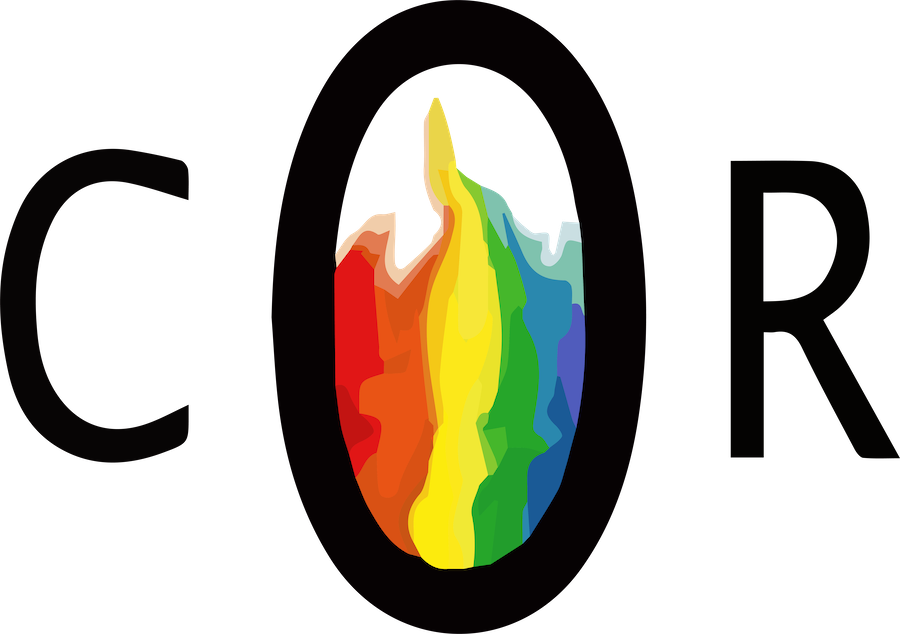During Worship on Sunday February 5, Pastor Halldor took a point of privilege to address Black History Month.
As we enter black history month, I am not going to reflect on it specifically in every sermon in February, but today before we continue with the worship I want to share with you some reflections.
When we reflect on black history, we who are white should listen carefully to the controversy around the new high school course „AP African American Studies“. Those of us that are white need to reflect on the fierce response from the white community, from the politicians criticising that course. And we need to ask, what is wrong with us. And I want to apologise to those that don’t identify as white, you should not have to go through this, you shouldn‘t have to witness this.
All of us need to learn more, understand more about African American History. And it is important to begin that study on the history of Africa, all of us need to learn about the Buganda Kingdom, the Nok culture, the Bono State, Songhai, Benin and, Oyo Empires, the Kingdom of Punu-yaka, the Mossi Kingdoms, Kingdom of Cayor, the Empire of Kaabu, Ancient Carthage, Numidia, Mauretania, and the Aksumite Empire. I know very little myself and you probably have not heard a lot either, but I guess you have had to learn all about princes and Kings in some European states, even had to learn about European theologians, you probably learned about Greece, Alexander the Great, something about the French Revolution, and the Fall of Rome. You have likely learned about Mona Lisa.
If we want to be honest, fair, and just. We must deconstruct our former understanding, learn, and relearn about all our origins, not only the origins of those that came from some violent and aggressive small nation states in Europe. We need to learn of the spectacular stories from the diverse cultures in Africa, all 54 countries, from Egypt and Morocco in the North, to Eswatini and South Africa in the South. We should focus more on learning about African art stretching over 100.000 years, and not only about those few selected pieces stolen by the British, that are being kept illegally at the British Museum or Cleveland Museum of Art.
It is important to recognise that the slavery dehumanised people, not only by the unspeakable mental and physical violence, and killings, but by attempting to steal cultural identity, stealing the diverse and rich cultures of origin from those captured and trafficked. The unspeakable evil cattle slavery took away languages and tried to force on the slaves a single simplified denigrating story of the uncivilised Africa. A story that was and is a lie.
We must recognise that the untrue simplified story about the African continent is still being told, and we are all called to reject and correct it.
I might not be the best person to speak up about this, but we must speak, and I am here now, given this pulpit, and I know God calls us to care for each other, speak up for each other, call for justice to all. I hope I am doing that now.
